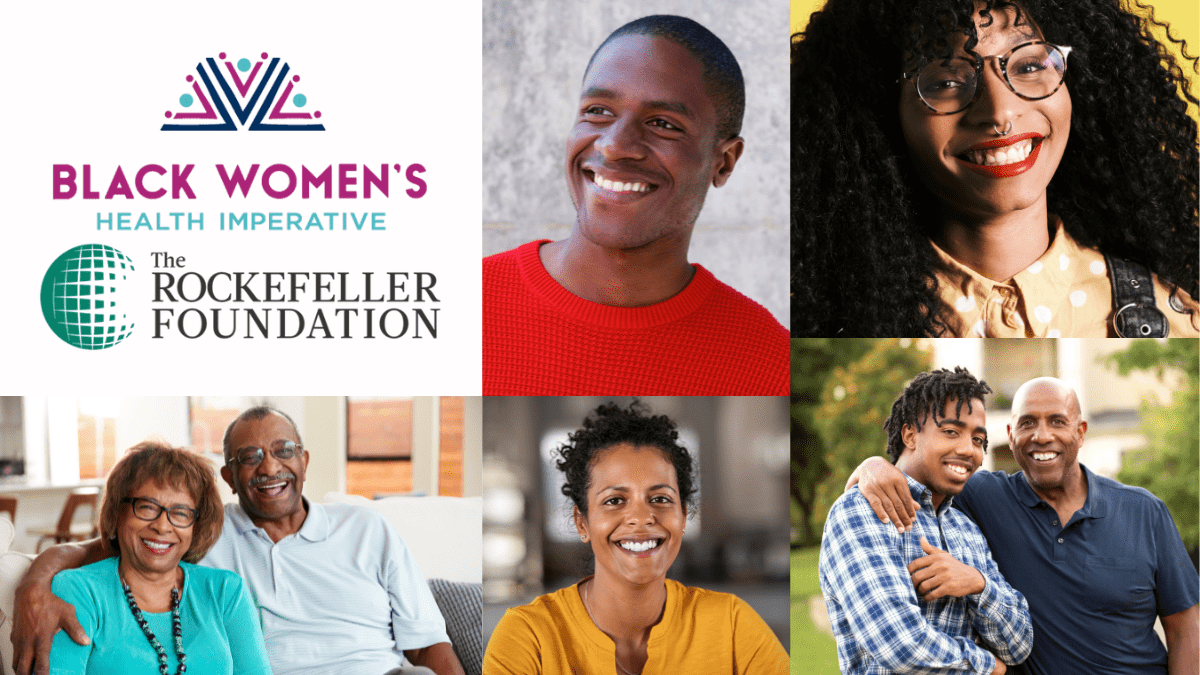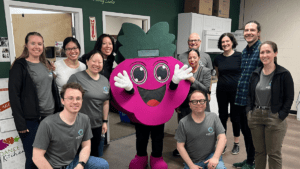
Rockefeller Foundation Grant Aims to Boost Vaccinations Among African American Communities
According to the U.S. Centers for Disease Control and Prevention, approximately 62% of the United States is fully vaccinated against COVID-19. However, the vast majority of those who have received vaccinations are Caucasian individuals. African-Americans and other people of color significantly lag behind White Americans in inoculations.
Fueled by a $400,000 grant from The Rockefeller Foundation, the Black Women’s Health Imperative (BWHI), based in Washington, D.C., aims to improve vaccination rates among the African-American community through outreach programs and strategic partnerships with like-minded coalitions, including the National Caucus & Center on Black Aging (NCBA) and National Coalition of 100 Black Women (NCBW). These groups will launch vaccine and equity initiatives across five U.S. cities: Baltimore, Chicago, Houston, Newark and Oakland. The goal is to increase vaccinations among minority communities in those areas, as well as others in the future.
Greg Johnson, Managing Director for the Equity and Economic Opportunity Initiative at The Rockefeller Foundation, bemoaned the heavy toll COVID-19 has inflicted on the African American community. He said the Foundation was excited to work with the Black Women’s Health Imperative to support the effort to increase vaccination efforts across the United States.
Karyne Jones, NCBA’s President and Chief Executive Officer, told BioBuzz that the COVID-19 pandemic has shown a spotlight on the health inequities in minority communities. A lack of access to quality health care within those communities has allowed chronic diseases to proliferate and impact quality of life. When the pandemic struck, communities of color were significantly hard-hit by the virus, primarily due to pre-existing conditions within the community members, as well as some social determinants, Jones said.
“The problems are compounded when you don’t have access to quality health care and lack of affordable and safe places to live,” Jones said. “When a virus comes into the community, it doesn’t help to have these problems.”
Jones said some healthcare-related hesitancy among African-Americans is related to historic medical atrocities like the Tuskegee Syphilis Experiment in which Black men infected with syphilis were unknowingly treated with placebos rather than curatives. Events like that have led to an increased suspicion of vaccines and other experimental medications, Jones said.
“I understand why there are concerns. We know the history of this country in terms of medical experimentation with African Americans,” Jones said.
Jones said at first, even she was hesitant about receiving a COVID-19 vaccine due to the quick development process. However, after conducting her due diligence about the development process and consulting with medical professionals, she went ahead with it because it was important as a leader in her space to be vaccinated and serve as an example to others. She also said it was important to dispel some of the conspiracies that have been running rampant across social media regarding the vaccines.
“We won’t be as prosperous as we want to be if we don’t have a healthy society,” Jones said.
“African American adults 60 and over have been hardest hit by Covid-19. We want to make sure they understand that vaccines are safe and effective – and will enable them to get back to enjoying life with their families,” she said. The push for COVID-19 vaccination coincides with the NCBA’s annual efforts to promote vaccinations for the flu, pneumonia and shingles.
The grant will help establish vaccination sites in minority-centric areas that will be easily accessible to the community. Although not part of this vaccination effort, Jones said she hopes bringing the vaccines into minority communities will cause the pharmaceutical industry to see a need for greater inclusivity in clinical trials.
Historically, most clinical studies did not have high proportions of minority participants. Jones hopes clinicians can conduct studies “where the people are” in order to reach broader populations.






